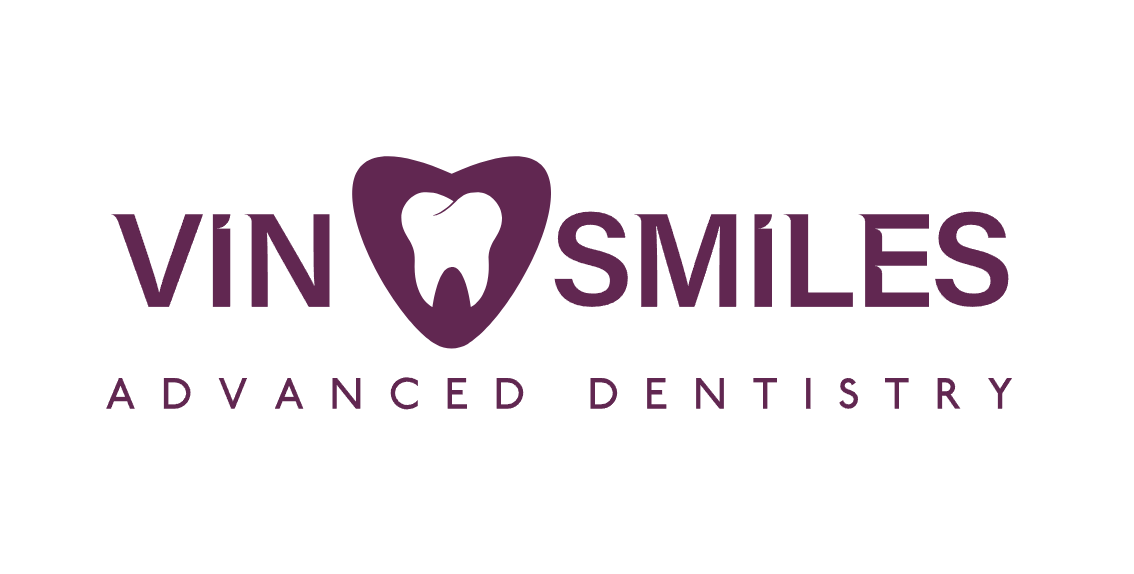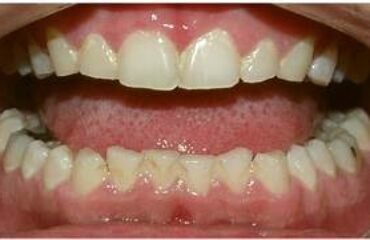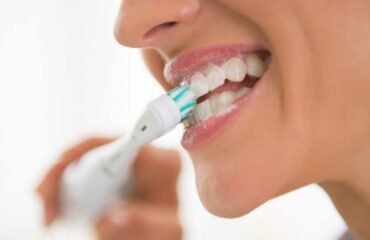 Women’s Oral HealthCan women’s oral health be affected by the changes in hormone levels? We all know that women’s bodies require special care. Hormone fluctuations not only affect women’s overall health, but also affect oral health, making it more important than ever to pay attention to any changes that occur in the mouth.Women’s oral health can be influenced by a variety of factors, both unique to their gender and common to all individuals. Understanding these factors is essential for maintaining good oral health throughout a woman’s life. Here are some key factors that can affect women’s oral health:
Women’s Oral HealthCan women’s oral health be affected by the changes in hormone levels? We all know that women’s bodies require special care. Hormone fluctuations not only affect women’s overall health, but also affect oral health, making it more important than ever to pay attention to any changes that occur in the mouth.Women’s oral health can be influenced by a variety of factors, both unique to their gender and common to all individuals. Understanding these factors is essential for maintaining good oral health throughout a woman’s life. Here are some key factors that can affect women’s oral health: - Hormonal Changes
- Puberty: The onset of puberty brings hormonal changes that can lead to increased blood flow to the gums, making them more sensitive. This can result in swelling, redness, and occasional bleeding.
- Menstruation: Hormonal fluctuations during the menstrual cycle can also lead to gum sensitivity, known as menstruation gingivitis. Some women may experience mouth ulcers and sensitive gums.
- Pregnancy: Pregnancy hormones can lead to pregnancy gingivitis, characterized by swollen, tender gums. Some women may also develop benign growths known as pregnancy tumors on the gums.
- Menopause: The hormonal changes associated with menopause can lead to dry mouth (xerostomia), which increases the risk of tooth decay and gum disease.
- Diet and Nutrition
- Sugar and Acidic Foods: Consuming a diet high in sugary and acidic foods and beverages can increase the risk of tooth decay and erosion.
- Calcium and Vitamin D: Adequate intake of calcium and vitamin D is essential for maintaining strong teeth and bones.
- Tobacco Use
- Alcohol Consumption
- Stress
- Oral Hygiene Habits
- Access to Dental Care
- Pregnancy and Medications
- Oral Piercings
- Menstrual and Menopausal Symptoms
- Systemic Diseases
- Genetics and Family History
- Mental Health
- Childhood and Adolescence
- Oral Hygiene During Childhood: The foundation for a lifetime of good oral health is established during childhood. Parents play a crucial role in teaching their children proper brushing and flossing techniques. Regular dental check-ups are essential to monitor oral development and address any issues promptly.
- Orthodontics and Braces: Many girls go through orthodontic treatment during adolescence. Braces or other orthodontic appliances are common, and maintaining good oral hygiene becomes even more critical during this time to prevent issues like tooth decay and gum problems.
- Adulthood
- Hormonal Changes
- Oral Contraceptives
- Pregnancy
- Dry Socket
- Medications and Prescriptions
- Menopausal and Postmenopausal Years
- Osteoporosis: Over one third of women over age 65 face the onset of osteoporosis. While osteoporosis affects both men and women, post-menopausal women are particularly susceptible to osteoporosis because diminished oestrogen levels may speed up bone loss. Osteoporosis is characterised by decreased bone density and weakened bones. Symptoms of osteoporosis often go unnoticed until a major fracture occurs. Bone loss is associated with both periodontal disease and osteoporosis. Your dentist may be able to detect the early signs of osteoporosis during your regular dental exam
- Periodontal Disease: Because of hormone changes, a mature woman’s gums may also be at risk. Periodontal diseases should be monitored and dental treatment sought, if necessary. A small percentage of women will experience gingivostomatitis, a condition in which the gums are dry, shiny and bleed easily. The gums may also be deep red or pale in color. Women who experience these symptoms should see their dentist. Women also may experience dry mouth, pain and an altered sense of taste. Like in younger women, dry mouth can lead to an increased risk of tooth decay, gum disease and gum discomfort. Changes in hormone levels throughout a woman’s life make it vital to establish a pattern of good oral health practices to maintain and improve not only oral health but also overall health and wellbeing. Women with a good oral health maintenance program are more likely to keep their teeth for a lifetime.
- Tooth Decay (Caries): Diet and lifestyle choices can impact tooth decay rates in women. Reducing sugar consumption and maintaining good oral hygiene can help prevent cavities.
- Pay attention to your gums during and following your menstrual periods. If your gums become swollen during your periods, consult your dentist.
- Be aware of your oral health – make regular dental visits and see your dentist at the first sign of trouble.
- If you’re pregnant, see your dentist at least once during your pregnancy.
- Tell your dentist about changes in your medical history and about any medications you are taking, and talk to your dentist or physician, if you are having oral or general health problems.
- Use fluoride toothpaste and drink fluoridated water.
- Practice good oral hygiene by brushing and flossing daily.
- Eat a balanced diet and limit in between meal carbohydrate snacks. Drink water instead of soft drinks or sugary drinks.
- Do not use tobacco products in any form.




